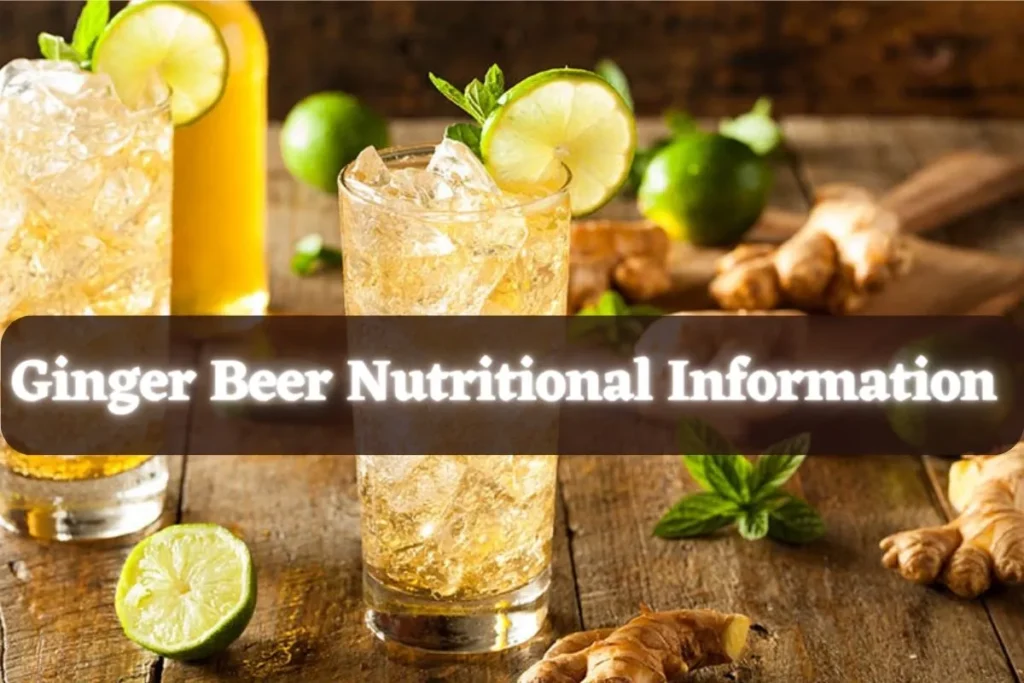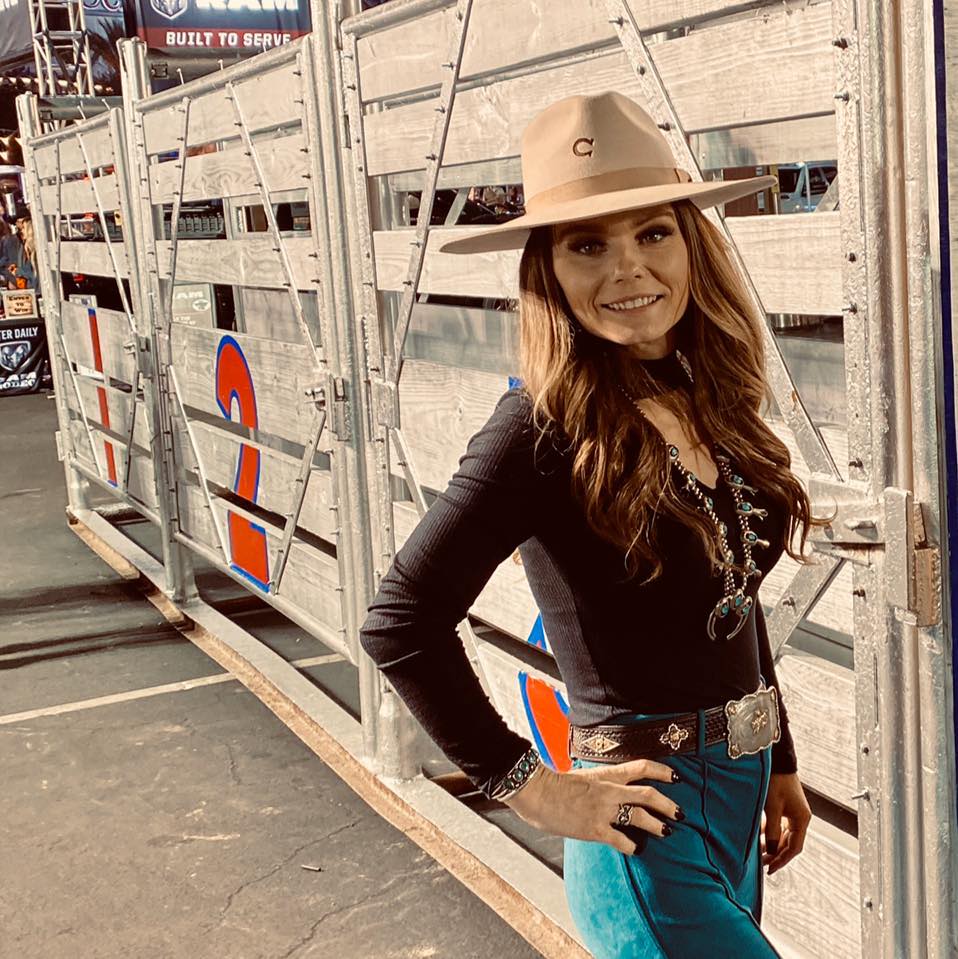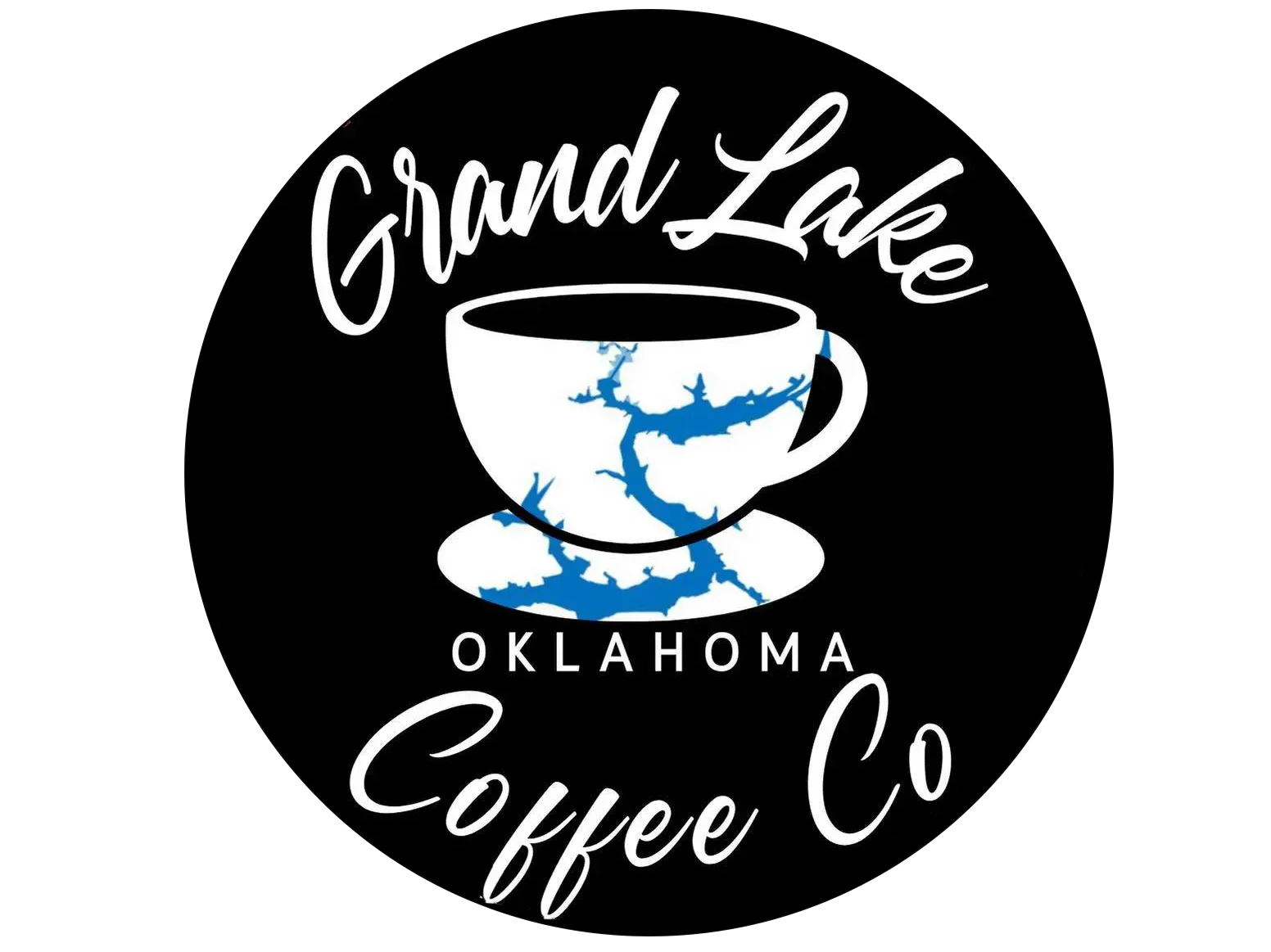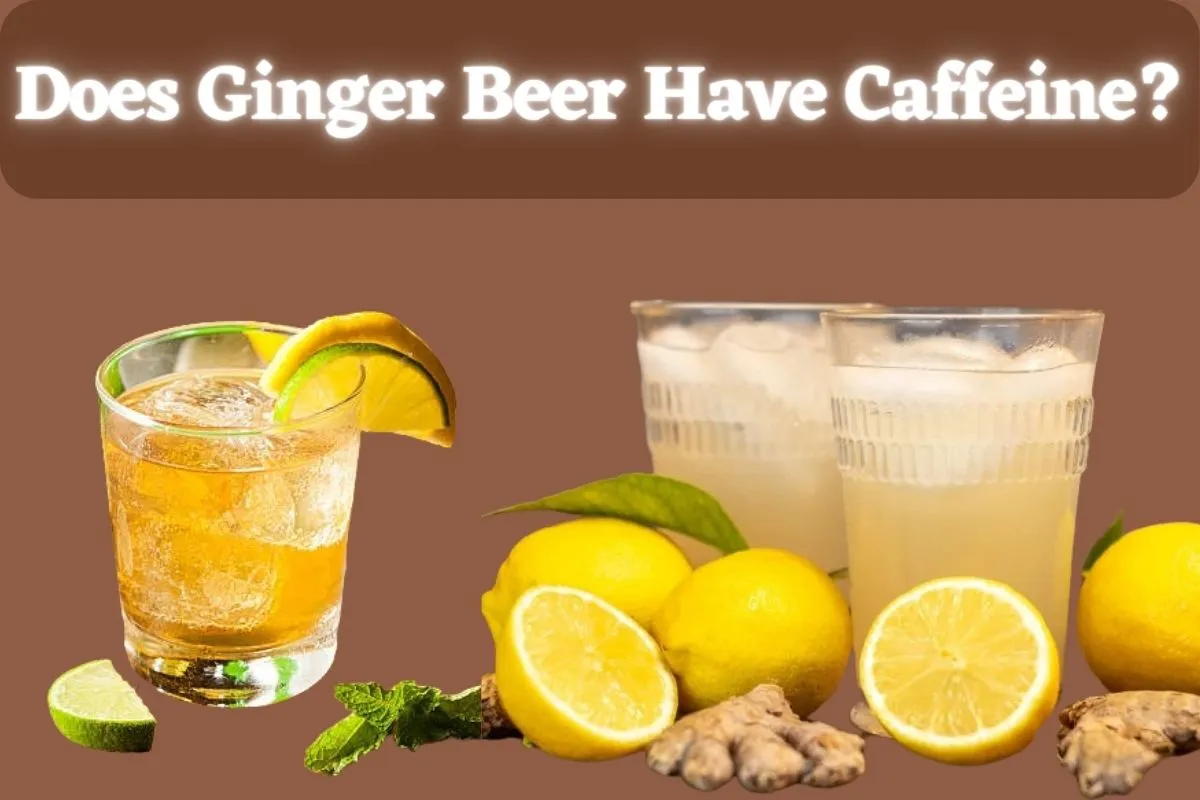Ginger beer, a popular fizzy drink, is often enjoyed for its unique flavor and refreshing qualities. Unlike traditional beer, ginger beer is non-alcoholic, making it suitable for all ages. But there’s a lot of misunderstanding about how much caffeine it contains, so many people wonder if it gives the same energy boost as coffee.
Let’s analyze this Does Ginger Beer Have Caffeine?
Importance of Knowing Caffeine Content in Ginger Beer
Ginger beer’s versatility is a key to its global popularity. Whether enjoyed straight up, in a classic cocktail, or with a creative twist, this ginger-based beverage offers a refreshing and flavorful experience for people around the world.
While traditionally more of a sweet treat than a health elixir, ginger beer can offer some potential benefits thanks to its primary ingredient: ginger. Ginger has been long used for its potential digestive benefits. It contains substances like gingerols and shogaols, which are believed to help soothe nausea, improve digestion, and reduce inflammation.
One of the biggest misconceptions about ginger beer is that it contains caffeine. This is likely due to the misconception that anything called a “beer” automatically implies caffeine content.
Even though traditional ginger beer is typically caffeine-free, some modern variations do incorporate caffeine as an added ingredient. It’s important to understand this distinction for several reasons.
Historically, ginger beer was a fermented beverage with a low alcohol content and lacked any caffeine. However, modern commercial ginger beers often differ significantly from their traditional roots.
Some brands choose to add caffeine for an extra energy boost. This means it’s crucial to carefully read labels when selecting ginger beer, especially if you are sensitive to caffeine.
Pregnant women, children, and individuals with caffeine sensitivities or sleep disorders should exercise caution when it comes to ginger beer consumption. It’s best to opt for caffeine-free options or consult a physician to determine safe intake levels.
Being aware of the caffeine content in the specific ginger beer you choose empowers you to make informed dietary decisions, ensuring it aligns with your health needs and preferences.
Does Ginger Beer Have Caffeine?
No, traditional ginger beer is naturally caffeine-free. The word “beer” in its name might be slightly misleading, as it actually refers to the process of fermentation the drink undergoes, rather than the inclusion of caffeine.
While traditional recipes don’t contain caffeine, it’s important to be mindful of a couple of things:
- Modern Twists: Some newer brands of ginger beer might purposefully add caffeine for an extra energy boost. These variations are becoming more common, so it’s important to differentiate them from traditional ginger beer.
- Ginger Ale Mix-Ups: Ginger ale, while similar, has a milder ginger flavor and is sometimes used in cocktails with caffeinated ingredients like cola. This association can lead to the misconception that ginger beer, its bolder cousin, also contains caffeine.
The most significant way caffeine finds its way into ginger beer is through deliberate additions during the manufacturing process. To create a more stimulating version of the beverage, they’ll often include ingredients that naturally contain caffeine.
- Guarana: A plant native to the Amazon, guarana seeds have a caffeine content that’s significantly higher than coffee beans. It’s a popular choice for adding a strong energy boost to beverages.
- Green Tea Extract: While containing less caffeine than coffee, green tea extract still provides a noticeable lift. It might be used for a milder energy effect in ginger beer.
- Kola Nut Extract: The kola nut is another natural source of caffeine. It gives a slightly different flavor profile and energy impact compared to guarana or green tea.
- Yerba Mate: This South American plant contains a moderate amount of caffeine, plus other stimulating compounds like theobromine and theophylline. It offers a distinct flavor profile in addition to boosting energy levels.
Ginger Beer Variants and their Caffeine Content
Ginger beer is available in several varieties, each with a unique blend of flavors and attributes to accommodate a variety of palates. Here are a few popular varieties of ginger beer:
Extra Spicy Ginger Beer:
For those who love intense heat and bold flavor, extra spicy ginger beer variants are a popular choice. These varieties contain higher amounts of ginger or additional spices, resulting in a more pronounced spicy sensation.
Light or Diet Ginger Beer:
Light or diet ginger beer variants are formulated to contain fewer calories and less sugar compared to their traditional counterparts.
Flavored Ginger Beer:
Some ginger beer variants come in flavored varieties, offering unique taste experiences beyond the traditional ginger flavor. Common flavor options include lemon, lime, raspberry, and mango, among others.
Craft or Artisanal Ginger Beer:
Craft or artisanal ginger beer variants are often made using traditional brewing methods and high-quality ingredients. These small-batch offerings may feature complex flavor profiles and artisanal touches for discerning ginger beer enthusiasts.
Alcoholic Ginger Beer:
While most ginger beer variants are non-alcoholic, some brands produce alcoholic versions that contain a small percentage of alcohol. Alcoholic ginger beer typically undergoes fermentation, resulting in a mild alcoholic content similar to beer or cider.
Organic or Natural Ginger Beer:
Organic or natural ginger beer variants are made using organic or natural ingredients, with an emphasis on purity and sustainability. These options appeal to consumers seeking cleaner, more wholesome beverage choices.
List of Ingredients in Ginger Beer
The ingredients in ginger beer typically include:
- Ginger: Ginger beer’s main ingredient, ginger, gives it its distinctively fiery and fragrant flavor. It provides the distinctive warmth and kick that defines ginger beer.
- Carbonated Water: Like many fizzy beverages, ginger beer is carbonated, giving it a bubbly effervescence that enhances its refreshing qualities.
- Sugar: Many ginger beer recipes call for added sugar to balance out the spiciness of the ginger and create a harmonious flavor profile.
- Lemon Juice: Lemon juice is sometimes added to ginger beer recipes to give the taste profile more brightness and acidity. The zesty tones of the ginger are complemented by lemon juice, which improves the drink’s flavor profile overall.
- Yeast: In traditional homemade ginger beer recipes, yeast is often used to ferment the beverage, resulting in natural carbonation and a slightly tangy flavor. Commercially produced ginger beers may also contain yeast as a fermentation agent.
- Other Flavorings: Depending on the recipe or brand, ginger beer may contain additional flavorings such as spices (e.g., cloves, cinnamon), fruit extracts, or herbal ingredients to enhance its complexity and depth of flavor.
Ginger Beer Nutritional Information

A typical serving of ginger beer (one can, approximately 382 grams) contains about 186 calories. It’s essentially fat-free, with 0 grams of total, saturated, polyunsaturated, and monounsaturated fat.
You won’t find any cholesterol in it either. However, it does pack a carbohydrate punch, with 48 grams per serving, entirely in the form of sugar. There’s no dietary fiber or protein to speak of.
In terms of micronutrients, ginger beer offers a very small amount of calcium (11mg) and iron (0.7mg). It has a minimal amount of sodium (26mg) and potassium (4mg). Finally, traditional ginger beer is caffeine-free.
| Nutrition Facts | Amount Per Serving |
| Serving Size: | 1 can (382 grams) |
| Calories | 186 |
| Total Fat | 0g (0% DV) |
| Saturated Fat | 0g (0% DV) |
| Polyunsaturated Fat | 0g |
| Monounsaturated Fat | 0g |
| Cholesterol | 0mg (0% DV) |
| Sodium | 26mg (1% DV) |
| Total Carbohydrates | 48g (17% DV) |
| Dietary Fiber | 0g (0% DV) |
| Sugars | 48g |
| Protein | 0g |
| Vitamin D | 0mcg (0% DV) |
| Calcium | 11mg (1% DV) |
| Iron | 0.7mg (4% DV) |
| Potassium | 4mg (0% DV) |
| Caffeine | 0mg |
Alternatives to Ginger Beer and their Caffeine Content
There are several alternatives to ginger beer available for those looking for different beverage options. Here are some popular alternatives:
Ginger Ale:
While similar in name, ginger ale is distinct from ginger beer in flavor and composition. Ginger ale is typically milder and sweeter than ginger beer, with a lighter ginger flavor. It can be consumed on its own or as a mixer in cocktails, and it’s frequently carbonated.
Sparkling Water with Ginger:
For a lighter and more refreshing option, sparkling water with ginger flavoring provides a subtle hint of ginger without the sweetness or intensity of ginger beer. This alternative is ideal for those seeking a low-calorie, caffeine-free beverage.
Ginger Kombucha:
The fermented tea beverage kombucha is well-known for its tart taste and probiotic qualities. Ginger kombucha is a tasty and mildly fizzy beverage that mixes the tanginess of kombucha with the spicy zing of ginger.
Ginger Tea:
A calming and caffeine-free substitute for ginger beer is ginger tea. Ginger tea, which is made by steeping fresh ginger root in hot water, is a cozy and warm beverage option that also has many of the health advantages of ginger.
Ginger Shots:
Ginger shots are concentrated doses of ginger juice or extract mixed with other ingredients such as lemon juice or apple cider vinegar. These potent shots provide a quick and convenient way to enjoy the health benefits of ginger without the added sugars or carbonation found in ginger beer.
Ginger Infused Cocktails:
For those looking for alcoholic alternatives, ginger-infused cocktails offer a versatile and flavorful option. Cocktails such as the Moscow Mule, Dark ‘n’ Stormy, or Ginger Mojito incorporate fresh ginger or ginger syrup for a spicy and refreshing twist.
| Beverage Type | Caffeine Content |
| Ginger Ale | Typically caffeine-free |
| Sparkling Water with Ginger | Caffeine-free |
| Ginger Kombucha | Varies (typically low) |
| Ginger Tea | Caffeine-free |
| Ginger Shots | Caffeine-free |
| Ginger Infused Cocktails | Varies depending on ingredients |
Conclusion
Whether you’re seeking a midday pick-me-up or a delightful alternative to caffeinated drinks, ginger beer offers a unique and satisfying experience. Its bold ginger flavor delivers a delightful zing that awakens your taste buds and leaves you feeling refreshed.
Unlike coffee or energy drinks that can leave you with jitters or a crash, the natural warmth of ginger provides a gentle lift. So, next time you’re craving a boost, reach for a chilled bottle of ginger beer and embrace the invigorating and caffeine-free zest it brings!
Frequently Asked Questions
Q1. Is ginger beer alcoholic?
Traditionally, ginger beer was alcoholic, but most modern commercial brands are non-alcoholic or contain less than 0.5% alcohol by volume (ABV). Some craft or home-brewed ginger beers can still have a higher alcohol content. Always check the label if alcohol content is a concern.
Q2. Is ginger beer good for you?
Ginger beer can offer some benefits due to the ginger root. Ginger has anti-inflammatory properties and may aid digestion or nausea. However, many commercial ginger beers are high in sugar, so moderation is key.
Q3. Can kids drink ginger beer?
Most commercial ginger beers are fine for kids in moderation due to their non-alcoholic nature. However, the intense ginger flavor may be too spicy for some children. Also, be mindful of the sugar content.
Q4. Is ginger beer tasty?
Taste is subjective! Ginger beer has a distinctive spicy-sweet flavor from the ginger root. Many people enjoy its refreshing and warming taste. If you enjoy ginger, you’re likely to find ginger beer tasty.
Q5. Can kids drink ginger beer?
Most commercial ginger beers are fine for kids in moderation due to their non-alcoholic nature. However, the intense ginger flavor may be too spicy for some children. Also, be mindful of the sugar content.
Q6. Is ginger beer tasty?
Taste is subjective! Ginger beer has a distinctive spicy-sweet flavor from the ginger root. Many people enjoy its refreshing and warming taste. If you enjoy ginger, you’re likely to find ginger beer tasty.
Q7. Is ginger beer acidic?
Yes, ginger beer is acidic due to carbonation and sometimes additional ingredients like lemon or lime juice. If you have acid reflux issues, be mindful of your consumption.

Rossi Glover, the passionate Owner of Grand Lake Coffee, infuses every cup with her love for coffee and dedication to quality. With an extensive background in the art and science of coffee, Rossi is not just a connoisseur but a storyteller, sharing the intricate tales behind each brew.

